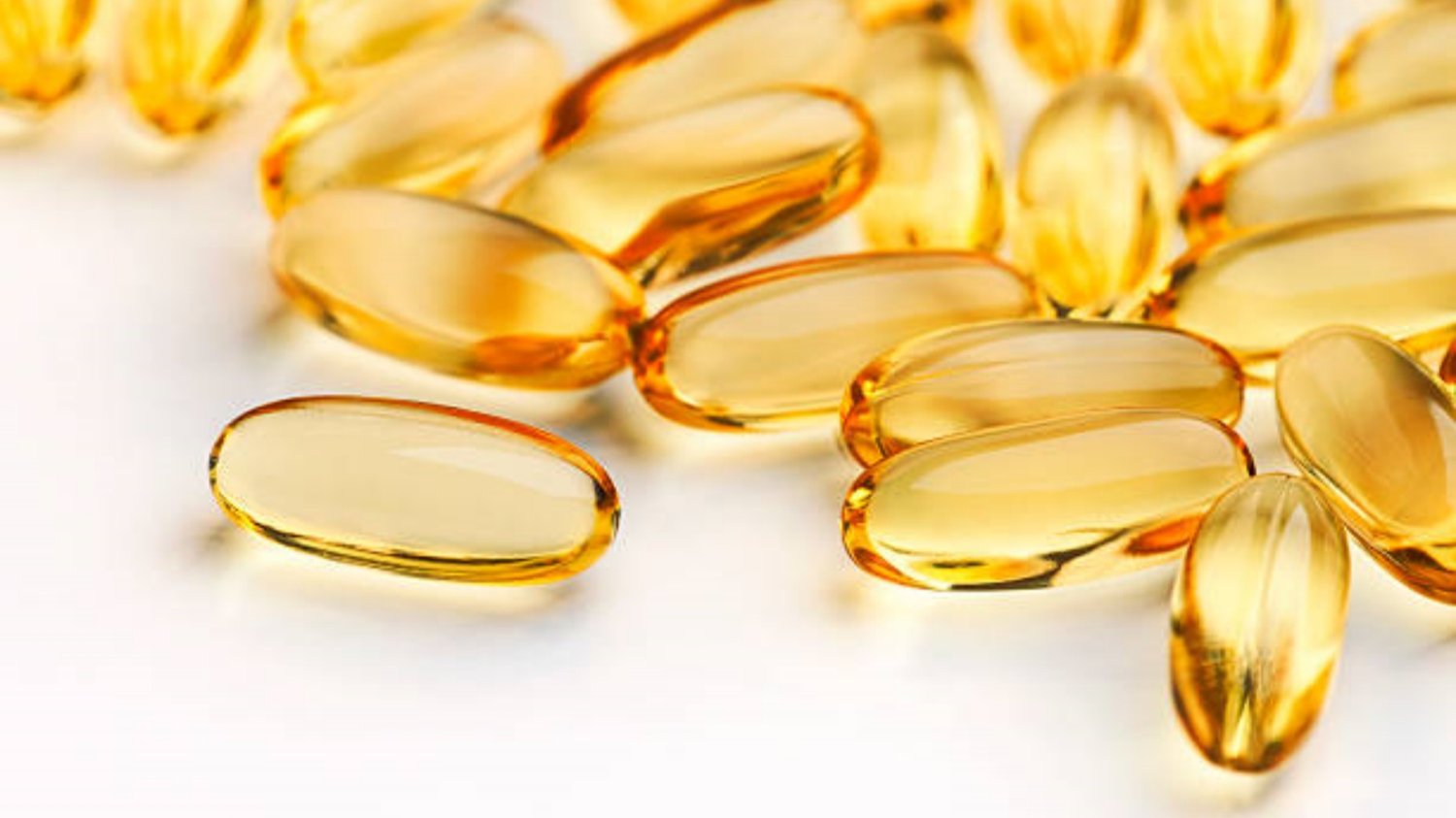The Role of Coenzyme Q10 in Managing Cataracts in Dogs
Coenzyme Q10, commonly known as CoQ10, is a naturally occurring antioxidant that plays a crucial role in cellular energy production. It is found in every cell of the body, including the lens of the eye. In recent years, Coenzyme Q10 has gained attention for its potential benefits in managing cataracts in dogs. This article explores the various aspects of using Coenzyme Q10 as a supplement to support canine eye health.
Understanding Cataracts in Dogs
Cataracts are a common age-related eye condition in dogs, characterized by the clouding of the lens, leading to impaired vision. It can occur in one or both eyes and may progress over time if left untreated. Certain breeds are predisposed to cataracts, including Poodles, Cocker Spaniels, and Boston Terriers. While surgery is the most effective treatment option, Coenzyme Q10 supplementation can be a valuable addition to the management strategy.
The Antioxidant Power of Coenzyme Q10
Coenzyme Q10 acts as a powerful antioxidant in the body, helping to neutralize harmful free radicals that can damage cells, including those in the lens of the eye. As dogs age, their natural antioxidant production decreases, making them more susceptible to oxidative stress. By supplementing with Coenzyme Q10, pet owners can provide an additional defense against the oxidative damage associated with cataracts.
Potential Benefits of Coenzyme Q10 for Canine Cataracts
Research suggests that Coenzyme Q10 may offer several benefits in managing cataracts in dogs. Firstly, it can help slow down the progression of cataracts, potentially delaying the need for surgery. Secondly, it may improve lens clarity and transparency, leading to better vision. Lastly, Coenzyme Q10 has been found to have a protective effect on the lens, reducing the risk of further damage caused by oxidative stress.
Choosing the Right Coenzyme Q10 Supplement
When selecting a Coenzyme Q10 supplement for your dog, it is essential to choose a high-quality product specifically formulated for pets. Look for supplements that contain natural, bioavailable forms of Coenzyme Q10, such as ubiquinol. Additionally, consider the dosage recommendations based on your dog's size and consult with your veterinarian before starting any new supplements.
Administering Coenzyme Q10 to Dogs
Coenzyme Q10 supplements for dogs are available in various forms, including capsules, chewable tablets, and liquid formulations. The method of administration may vary depending on the product. Some supplements can be given directly, while others may need to be mixed with food. Always follow the manufacturer's instructions and consult your veterinarian for personalized guidance.
Potential Side Effects and Precautions
Coenzyme Q10 is generally considered safe for dogs when used appropriately. However, some dogs may experience digestive upset, including diarrhea or vomiting, when starting a new supplement. If your dog shows any adverse reactions, discontinue the use of the supplement and consult your veterinarian. Additionally, if your dog has any underlying health conditions or is taking medications, it is crucial to discuss the use of Coenzyme Q10 with your vet.
Combining Coenzyme Q10 with Other Strategies
While Coenzyme Q10 can be beneficial in managing cataracts in dogs, it is important to note that it should not be used as a standalone treatment. Combining Coenzyme Q10 supplementation with other strategies, such as regular eye check-ups, a balanced diet, and maintaining a healthy weight, can maximize the chances of preserving your dog's vision and overall eye health.
Research and Evidence on Coenzyme Q10 for Canine Cataracts
Several studies have investigated the potential benefits of Coenzyme Q10 for managing cataracts in dogs. While more research is needed to establish its efficacy definitively, early findings are promising. These studies highlight the antioxidant and protective properties of Coenzyme Q10, supporting its use as an adjunct therapy for canine cataracts.
Consulting with Your Veterinarian
Prior to incorporating Coenzyme Q10 into your dog's healthcare routine, it is crucial to consult with your veterinarian. They can assess your dog's specific needs, provide dosage recommendations, and monitor their progress. Your veterinarian will consider your dog's overall health, any existing medical conditions, and potential interactions with other medications to ensure the safety and efficacy of Coenzyme Q10 supplementation.

